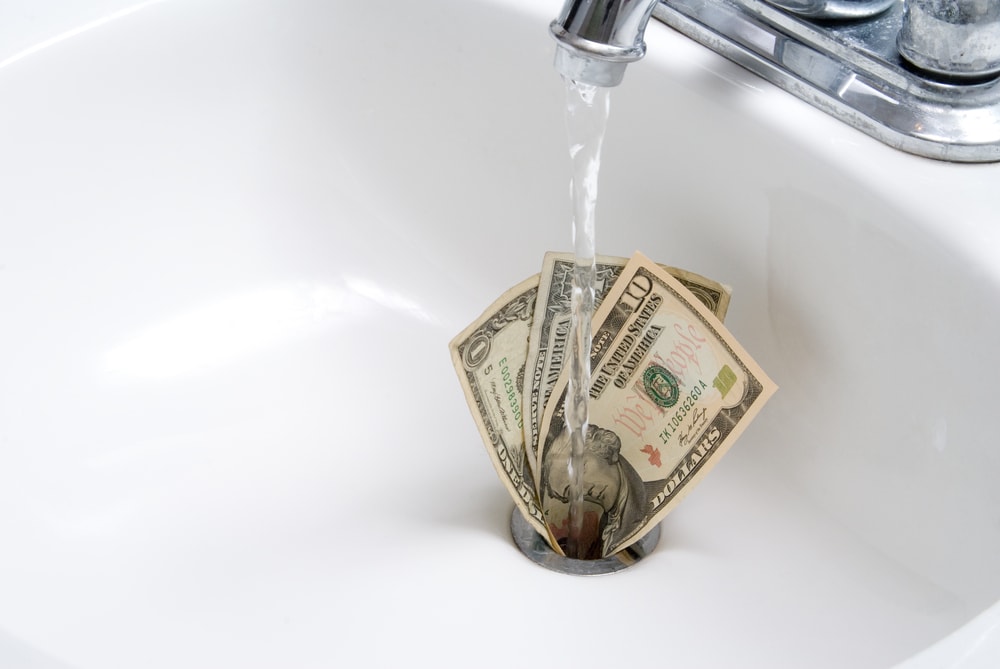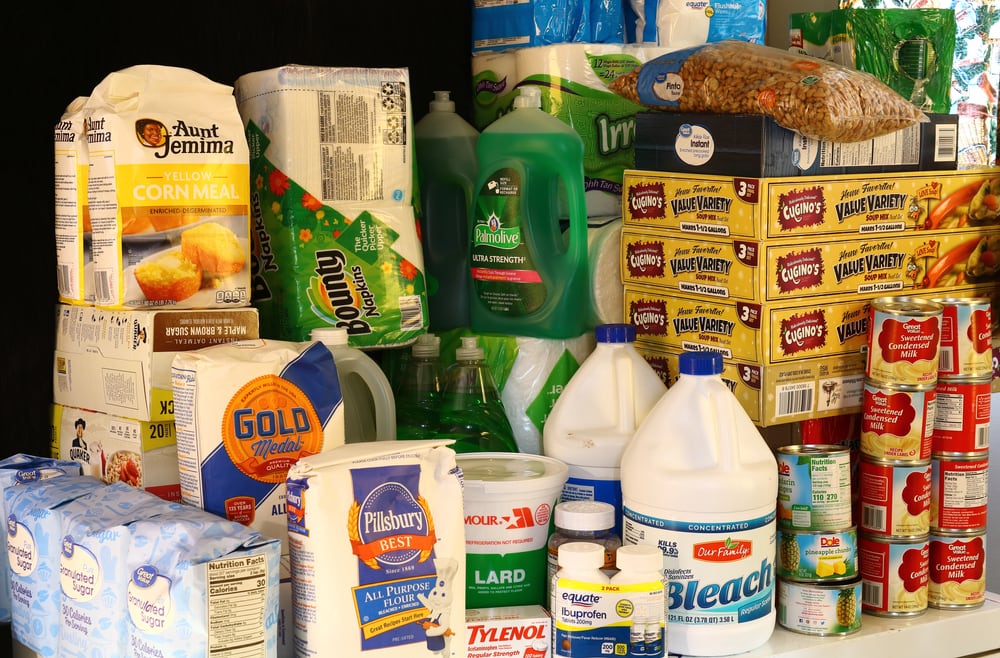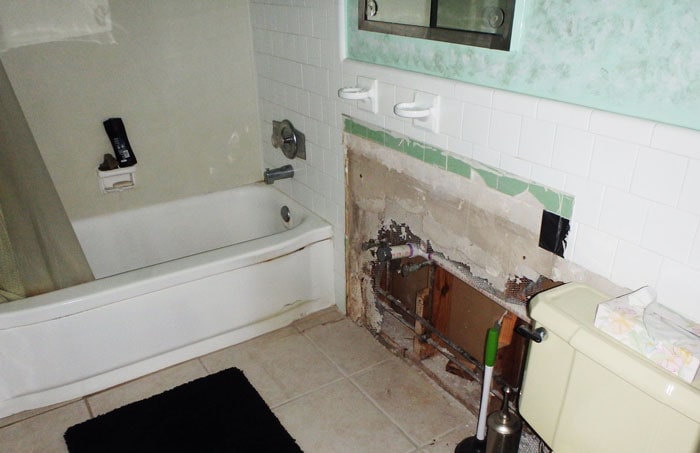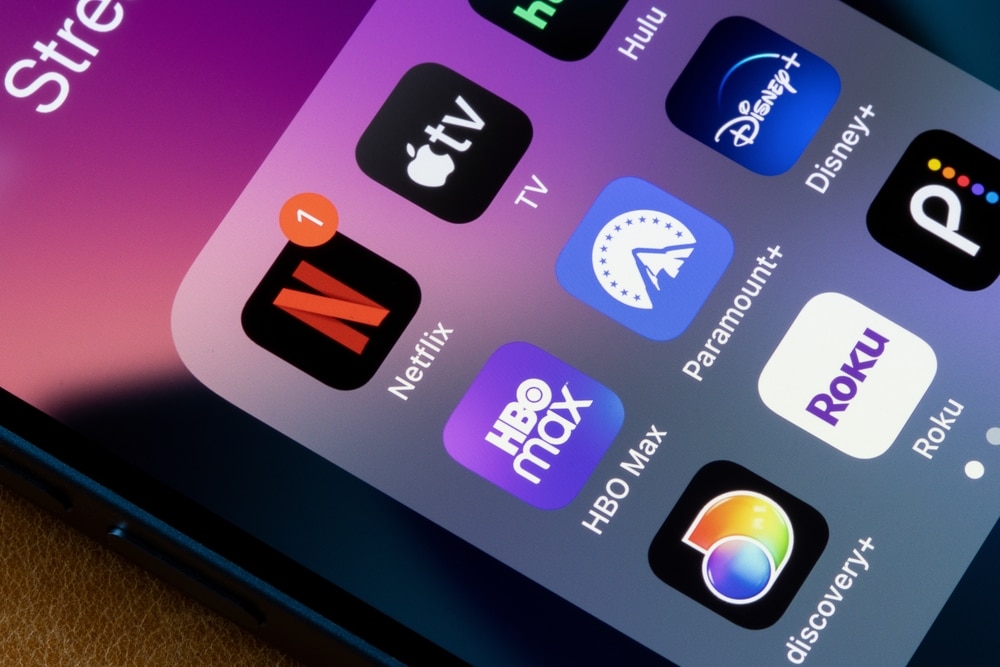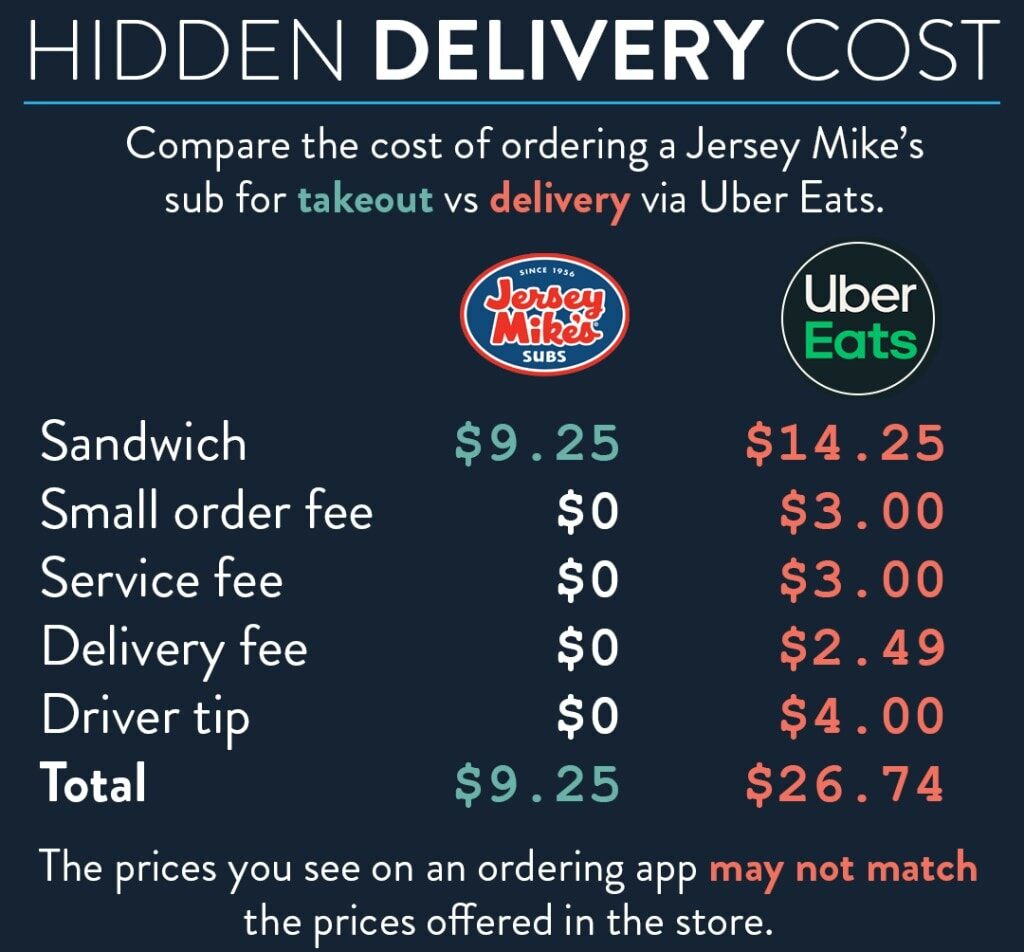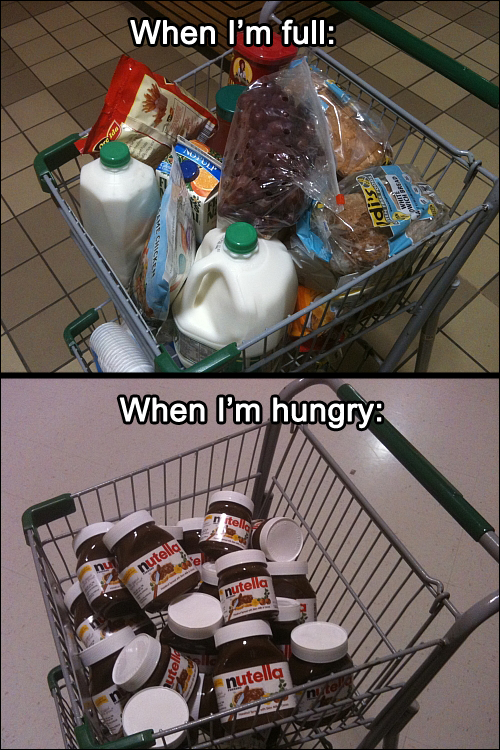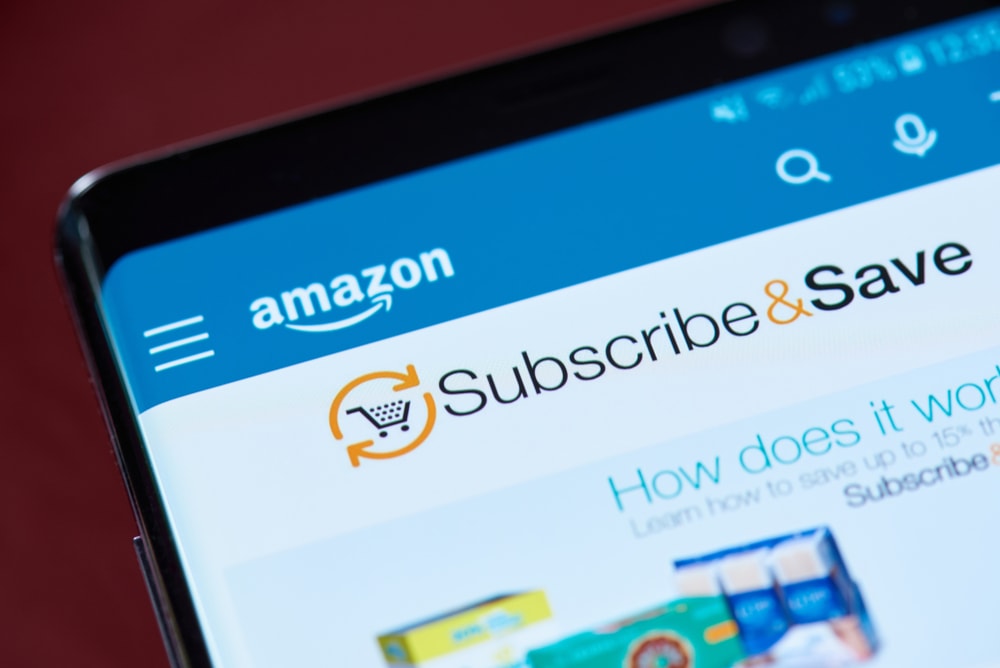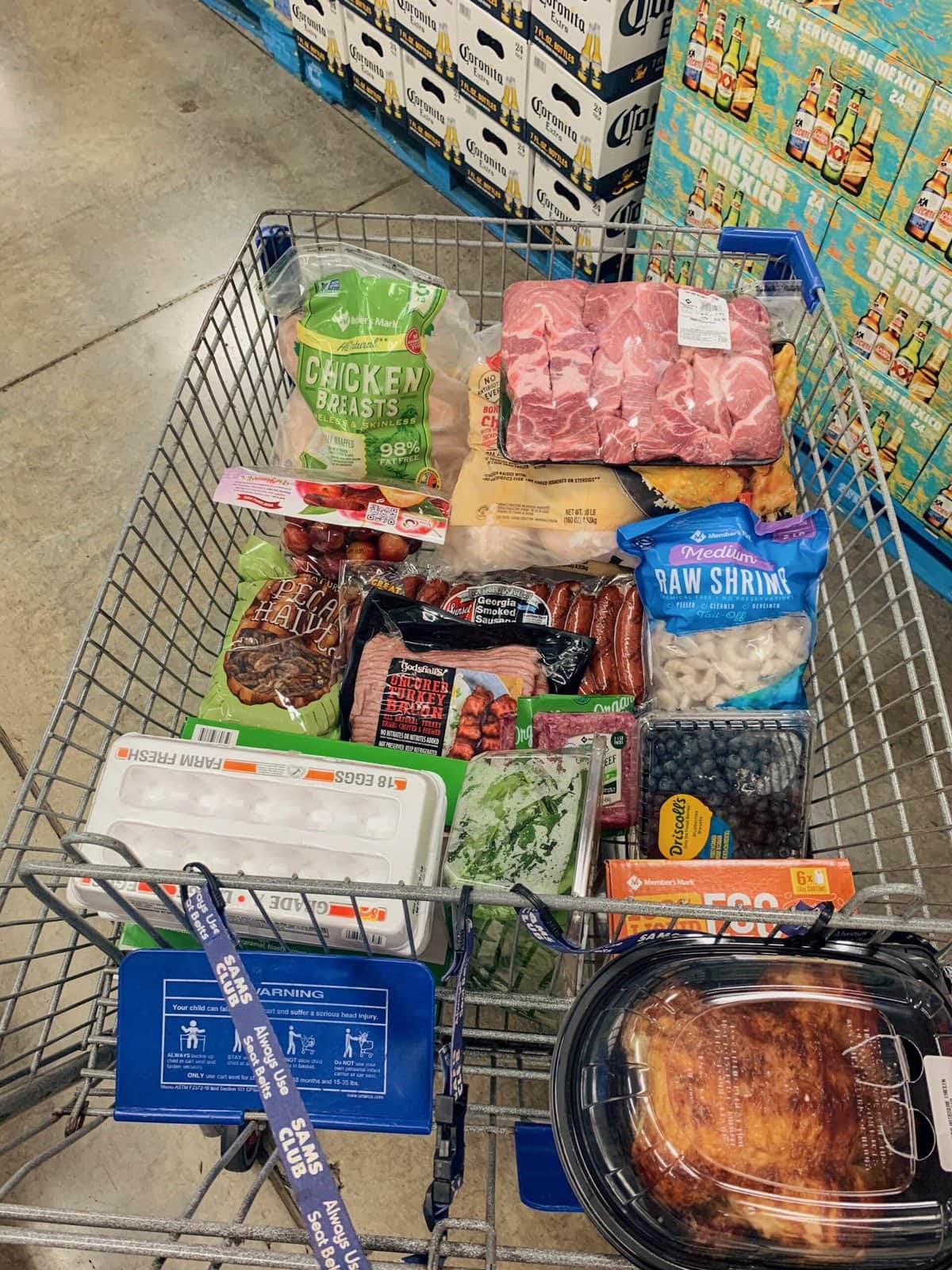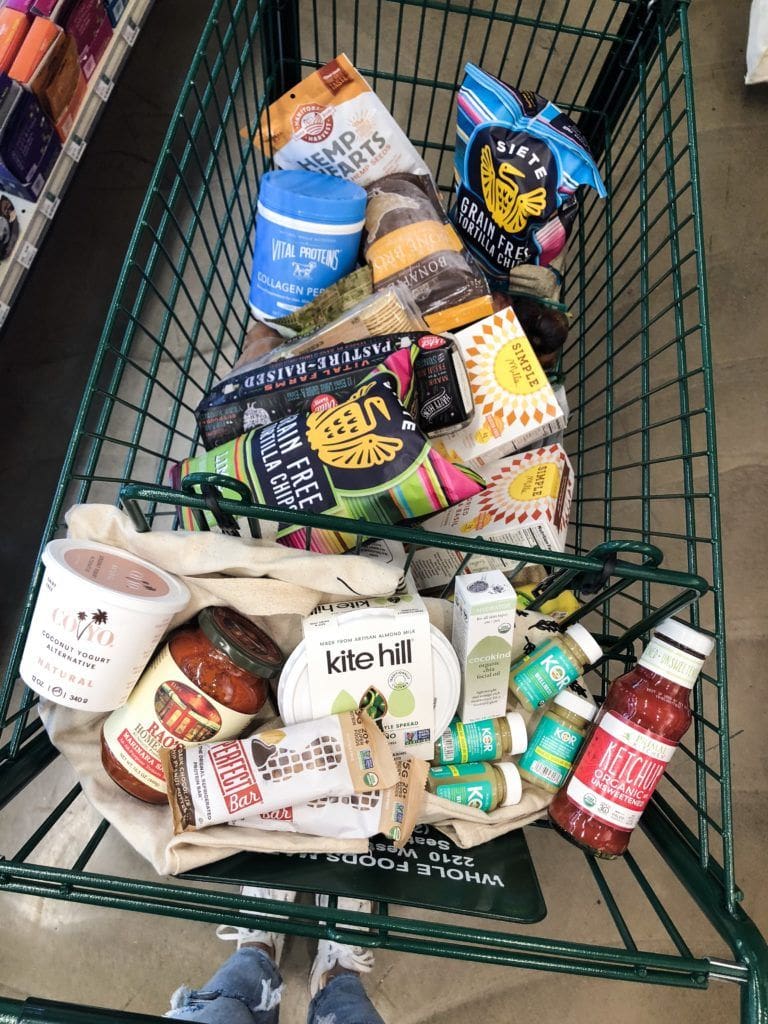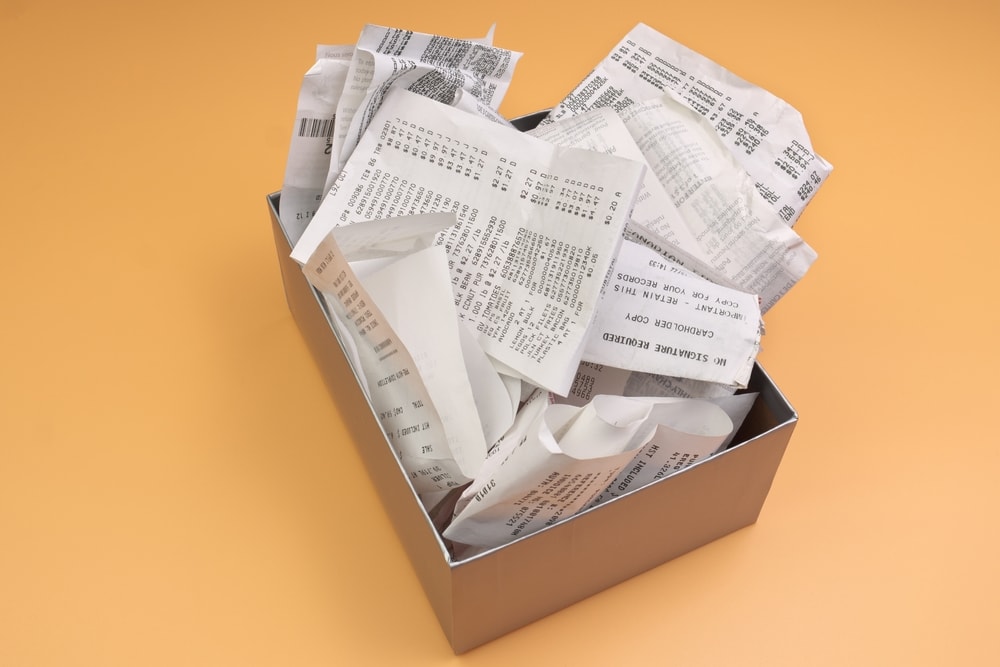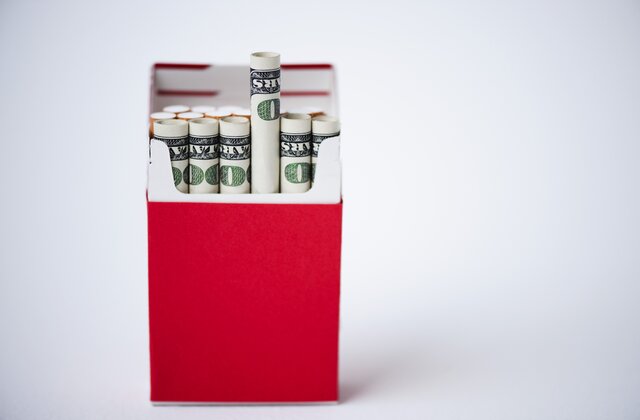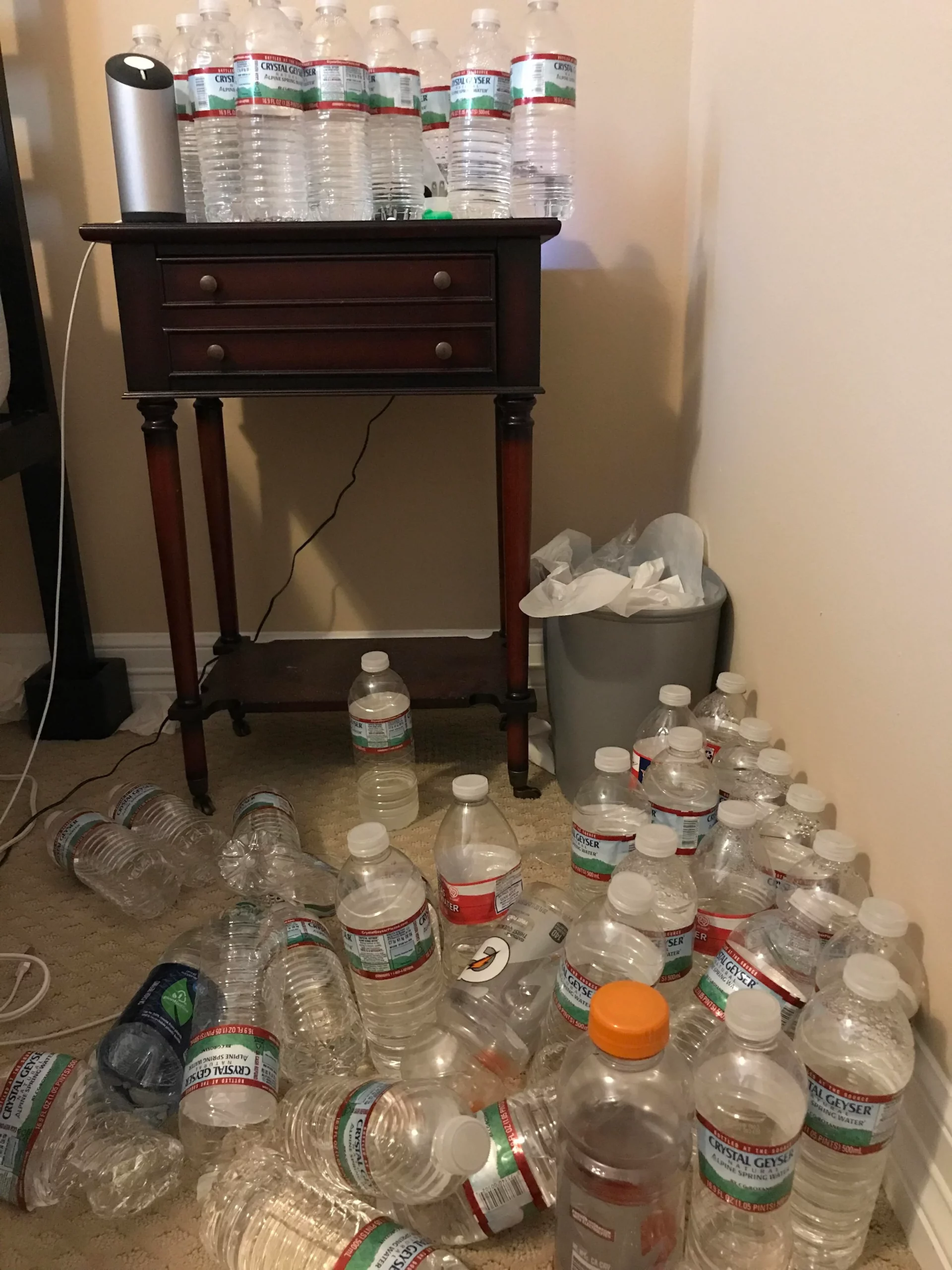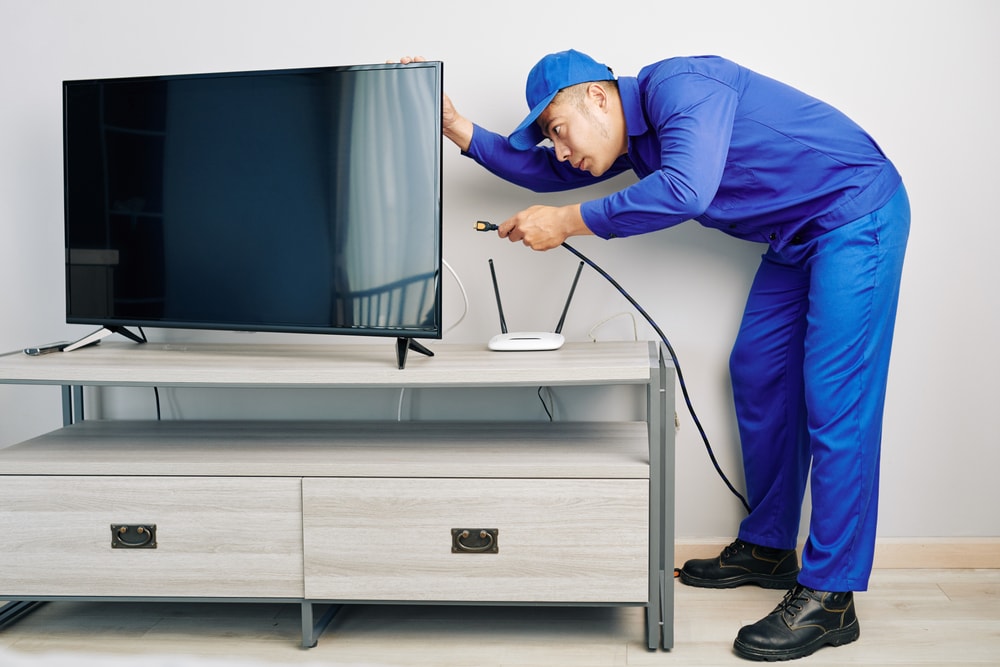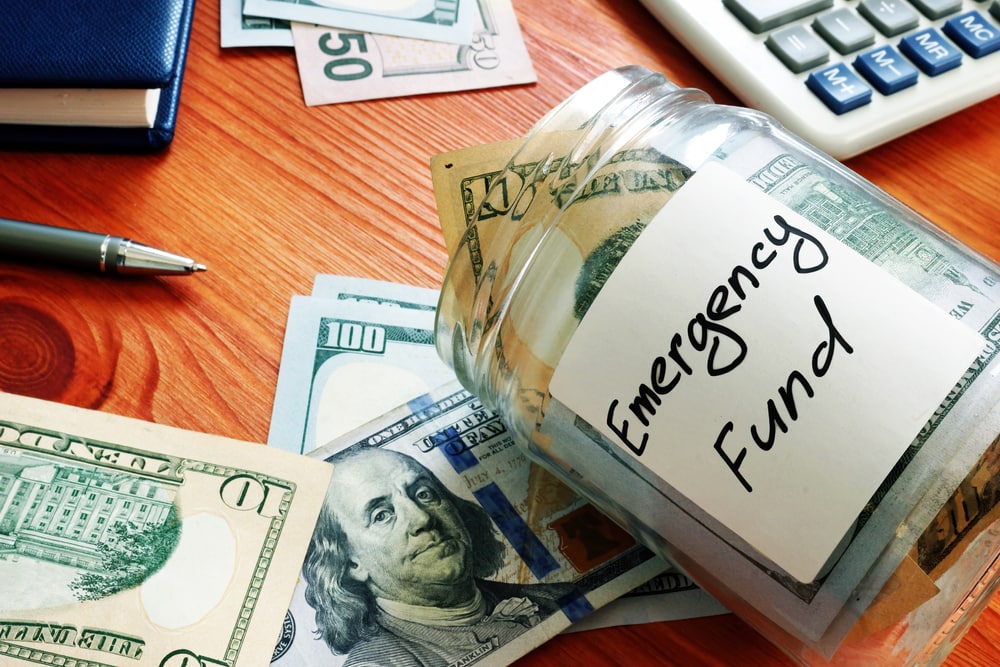There is a quote from Brian Tracy, “Successful people are simply those with successful habits.” Those small things we do every day truly add up over time. This is especially true when it comes to our money-spending habits. If you continue making these mistakes over and over again, you’ll end up broke. Don’t worry, though. It’s never too late to form good habits, even if it takes practice to change your old ways. Here at Home Addict, we’ve laid out some of the most common bad household habits that people are wasting their money on.
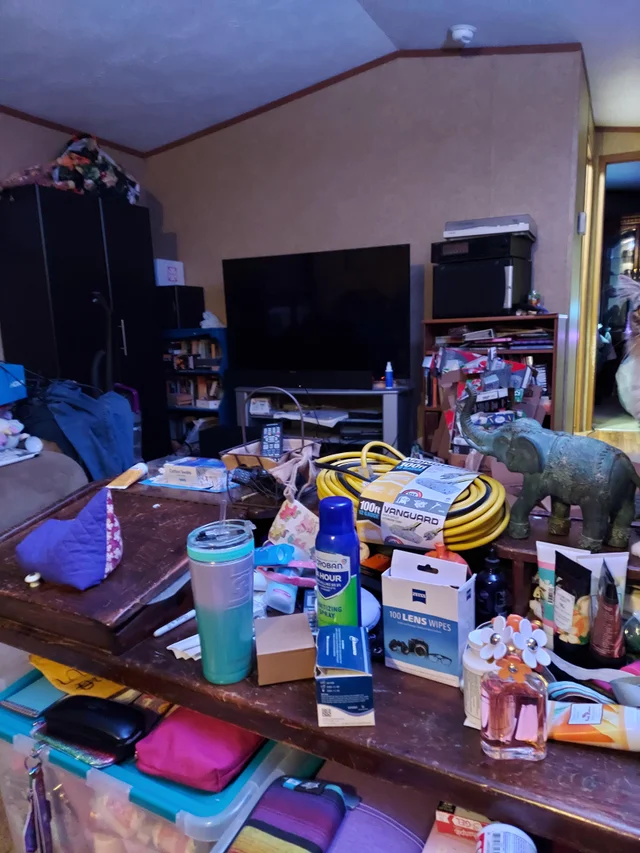
Being Cluttered and Disorganized
Believe it or not, your organizational habits have a lot to do with how much money you spend. Have you ever bought something, only to realize that you actually owned that same thing already? You couldn’t find it because it was stuffed away in a drawer somewhere. A lot of people also feel like they have “nothing to wear” in their closet simply because they can’t see everything they own. Once you get in the habit of organizing your belongings, it becomes so much easier to live a minimalist lifestyle. You can have fewer, nicer things. It’s actually very liberating.

